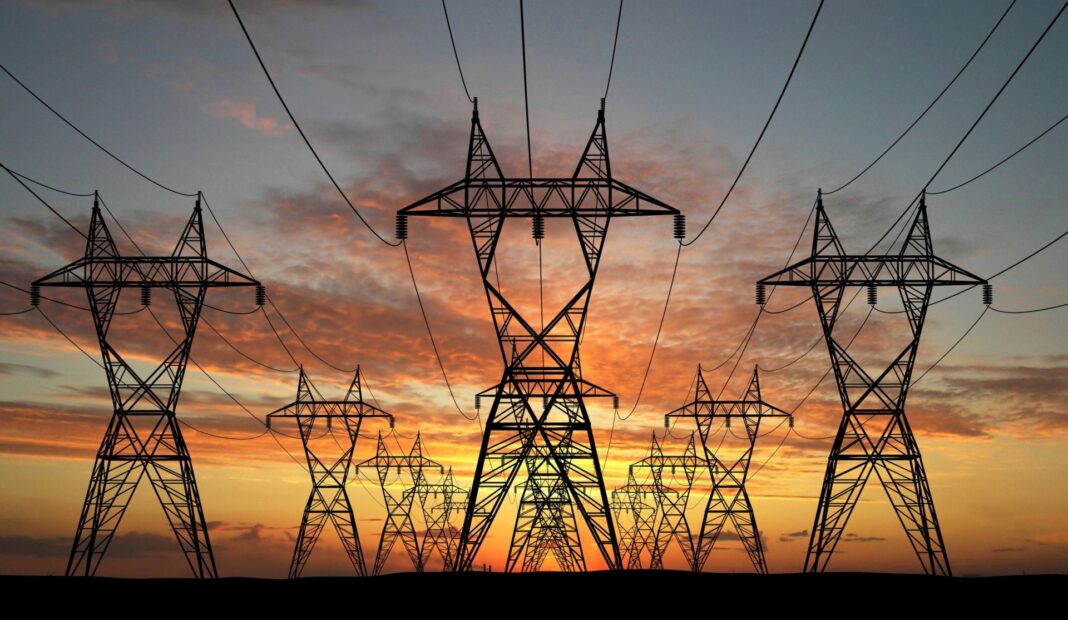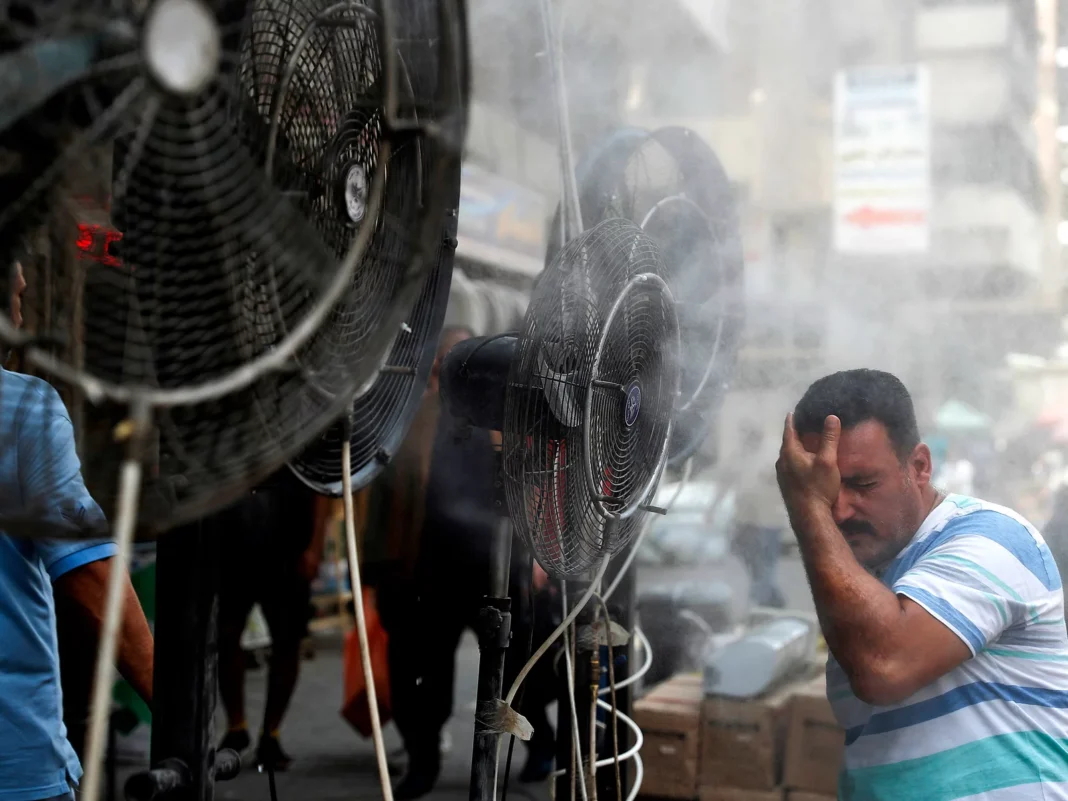The Iraq electricity crisis is challenging the country’s power generation and supply systems. The Ministry of Electricity confirmed that current power generation stands at 23,000 megawatts. However, this capacity has declined due to a significant reduction in imported gas supplies, especially from Iran. The sanctions on Iran have interrupted electricity imports and caused the loss of 5,000 megawatts of power.
Ahmed Musa, the ministry’s official spokesperson, emphasized the complexity of the Iraq electricity crisis. He explained that addressing this challenge requires careful study to separate responsibilities within the ministry from those outside its control. According to Musa, the crisis mainly stems from a decline in Iranian gas imports due to unpaid dues caused by sanctions. This situation forced the shutdown of several electricity generation units, resulting in a loss of around 4,000 megawatts. This occurred as electricity demand surged due to rising temperatures.
The power plants rely partly on domestic gas and partly on imported gas. With fewer supplies from Iran, the power system has faced severe strain despite the ministry’s efforts to prepare for stable supply. Currently, power production hits 23,000 megawatts, while the system could generate up to 27,000 megawatts if fuel supply were sufficient. Electricity supply hours vary across regions, depending on fuel availability, temperatures, and network capacity.
Furthermore, the ministry strives to distribute energy fairly but faces constraints beyond its control, affecting power plant operations. Iraq signed an agreement with Turkmenistan to supply gas through Iranian territory, but sanctions have blocked funds and credit arrangements. The Minister of Electricity recently visited Turkmenistan to discuss solutions and seeks government approvals to implement new mechanisms.
Additionally, sanctions have forced the shutdown of four electricity transmission lines with Iran, cutting over 1,000 megawatts of power. This has severely impacted Diyala Governorate and worsened the ongoing Iraq electricity crisis. The ministry continues to pursue international cooperation to resolve fuel shortages and restore stable electricity service across the country.



